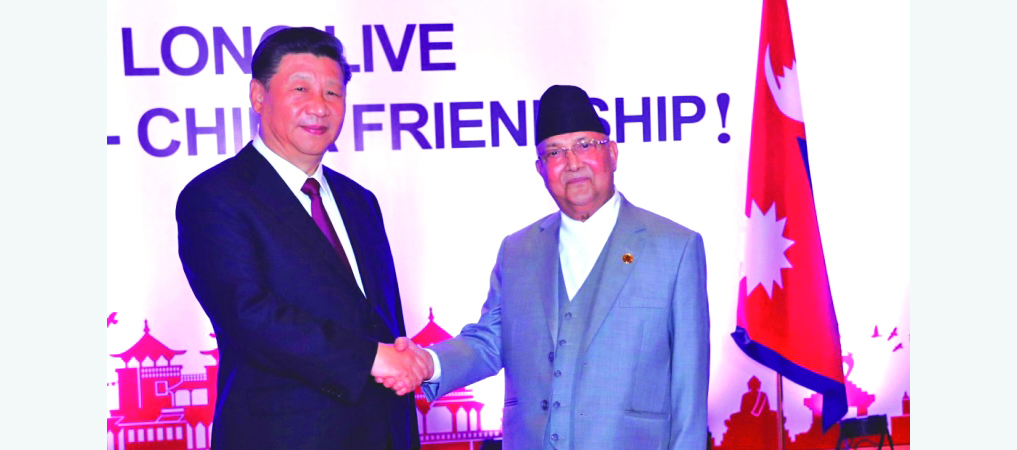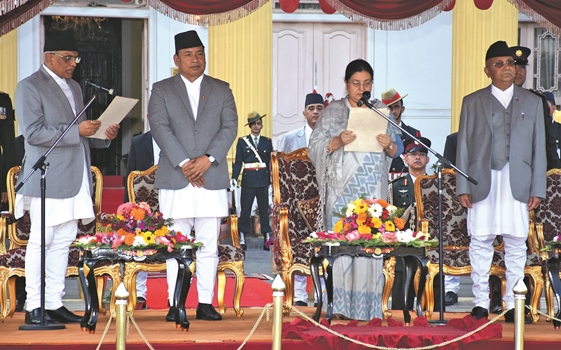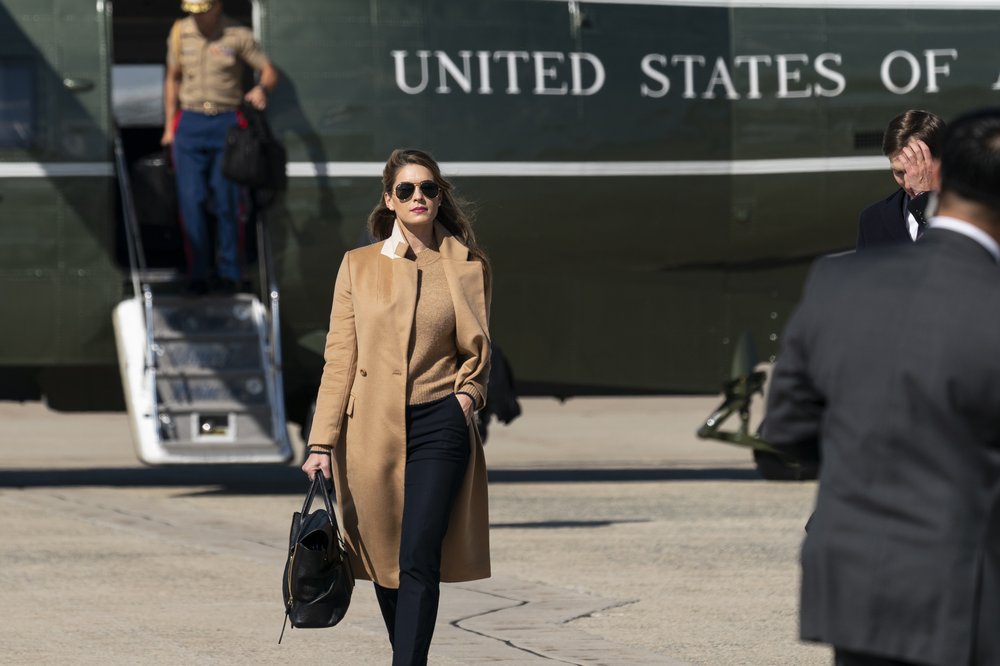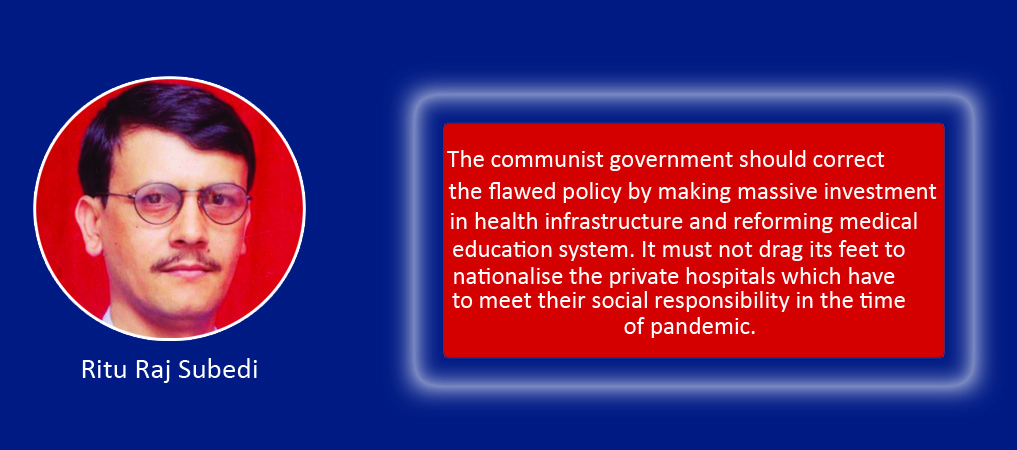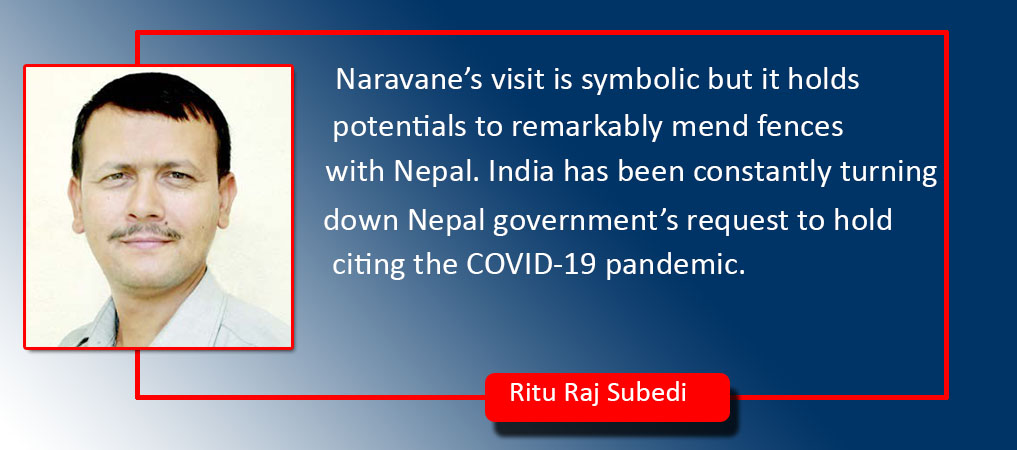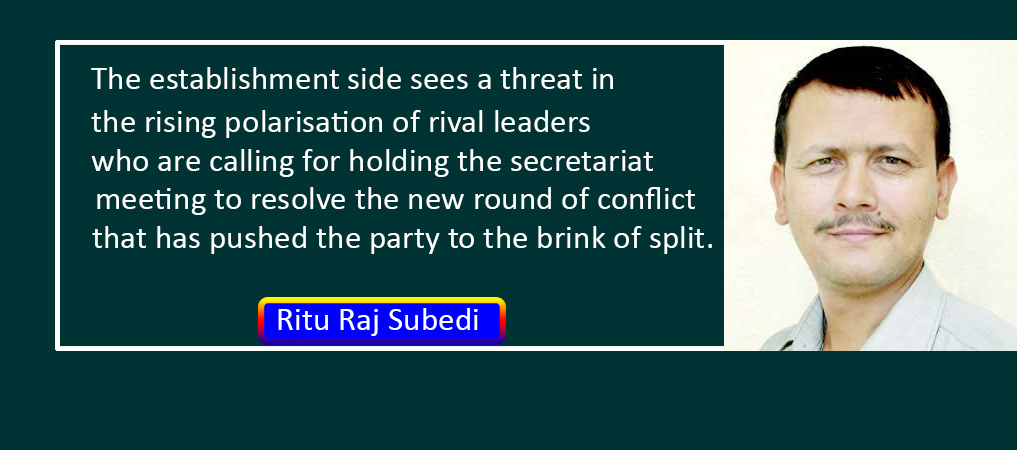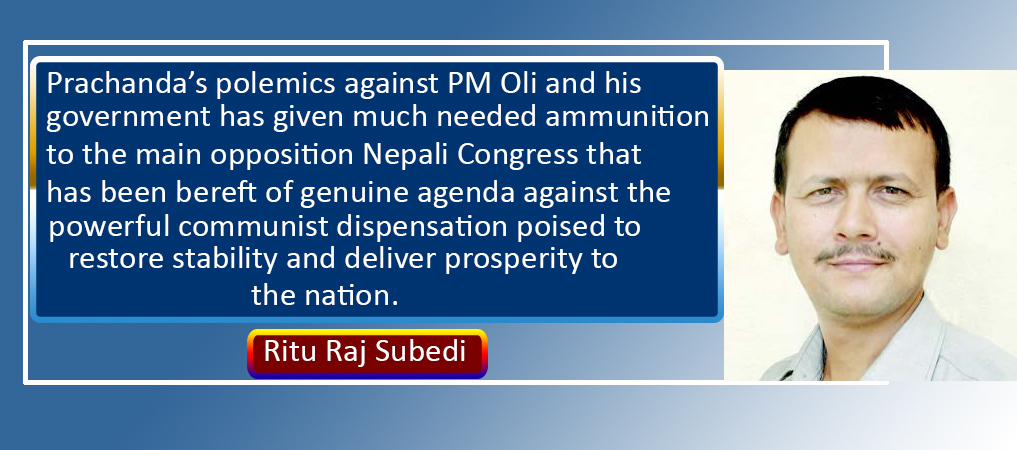Resolution Cements Xi’s Stature
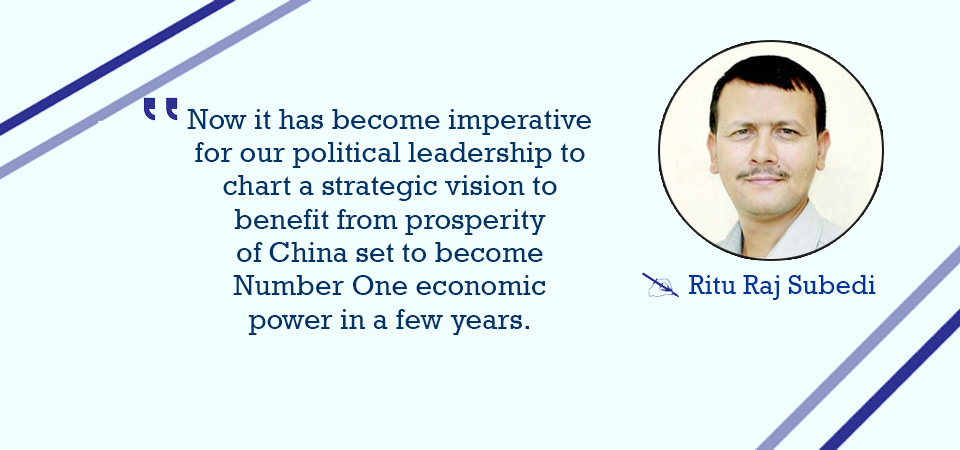
Ritu Raj Subedi
With the adoption of ‘historic resolution,’ Chinese President Xi Jinping, also general secretary of Communist Party of China (CPC), has followed the footsteps of Chairman Mao Zedong and paramount leader Den Xiaoping. The resolution on the major achievements and historical experience of the Party over the past century has been widely interpreted as Xi’s crucial move to cement his legacy as one of great leaders of modern China. Established in 1921, the CPC has so far issued three resolutions to date. They signify the turning points of country’s socio-political development. Though there has been much hype on the latest resolution, it is in line with Xi’s July 1 speech delivered on the occasion of CPC centenary.
Adopted at the sixth Plenary Session of the CPC’s 19th Central Committee on November 11, 2021, the resolution highlights the party’s struggles, revolutions and feats. Nonetheless, Xi’s resolution vastly differs from that of Mao and Deng in tone and intent. Unveiled in the time of peace and stability, it strikes positive note and avoids casting aspersions on his predecessors over their mistakes. The two previous resolutions came in response to the raging intra-party conflict roiling the CPC.
History of resolutions
In 1945, the CPC brought the first resolution on ‘certain questions in the history of party’ that did not only declare that Mao had ‘correct political line,’ but also established him as unchallenged leader capable of leading new-democratic revolution and reconstruction of New China. It criticised the rightist and leftist deviation of his rivals and political mistakes that occurred in the span of 24-year-long fighting against feudalism and foreign aggressors. Four years after the first resolution was adopted, People’s Republic of China (PRC) was established
The second resolution, issued by Deng in 1981, condemned Mao’s decade-long Cultural Revolution that brought communist China to its knees. It put most of the blame on the people surrounding Mao but hailed him as the founding father of modern China and its greatest revolutionary leader. The 30,000-word resolution ended China’s isolation and paved the ideological course to start reform and opening-up that transformed China into an economic power house. It enabled China to usher in an era of socialism with Chinese characteristic.
“As China is now entering the third stage of the national rejuvenation, the party should issue the third historical resolution,” said Zhang Hongliang, a prominent scholar at the School of Adult Education, Minzu University of China, in an article published in January 2015. Zhang, who was the first public figure to demand the issuance of the new resolution, claimed that some extreme right-wing elements colluded with ‘opportunists’ to object to his idea. Four years after his call, the politburo announced to produce the resolution in August this year.
While recognising the role of predecessors, the third resolution refrains from talking about the political disasters triggered by the Cultural Revolution. It appreciates Chairman Mao for adapting the basic tenets of Marxism-Leninism to China's specific realities and developing a theoretical synthesis of its unique experience. “Mao Zedong Thought put an end to China's history as a semi-colonial, semi-feudal society, to the rule of a handful of exploiters over the working people, to the state of total disunity,” it states. It seems that Xi reminds the young Chinese communists of revolutionary spirit by invoking the Mao-led socialist revolution. The resolution is the reassessment of Mao’s legacy that was bruised by the Great Leap Forward and Cultural Revolution. Going through the text, it gives an impression that ‘New Left’ is gaining an upper hand in the CPC under the new helmsman.
No doubt, the resolution hails Xi for making China stronger. Under Xi, China won decisive victory on poverty and attained the first centenary goal of building a moderately prosperous society in all respects. This is no mean feat in contemporary human history. The resolution calls for the party functionaries to resolutely upholding Xi’s core position on the Central Committee and in the Party as a whole. “Comrade Xi Jinping, through meticulous assessment and deep reflection on a number of major theoretical and practical questions regarding the cause of the Party and the country in the new era, has set forth a series of original new ideas, thoughts, and strategies on national governance revolving around the major questions of our times.”
Development of Marxism
The critical dossier provides greater insight into Xi Jinping Thought on Socialism with Chinese Characteristics for a New Era, which was incorporated in the Chinese constitution in 2018. “This is the Marxism of contemporary China and of the 21st century. It embodies the best of the Chinese culture and ethos in our times.” Marxism was born in the West and was first experimented in former Soviet Union but lasted only for 74 years there. On the other hand, a century-old CPC boasts of developing and better applying Marxism-Leninism on the Chinese soil. This is indeed a fitting answer to those who insist that ‘ideology’ was dead with the collapse of communism in early 1990s.
The world’s second largest economy has embarked on achieving the Second Centenary Goal in confident strides that is building a modern socialist country in all respects by 2049. While China’s rise has given sleepless nights to the Western hegemons, it is an opportunity for its immediate neighbour - Nepal. During President Xi’s visit in 2019, Nepal and China agreed to elevate their ‘comprehensive partnership of cooperation featuring ever-lasting friendship to strategic partnership of cooperation’. But there has not been much progress in realising the “strategic partnership” for mutual development and cooperation. Now it has become imperative for our political leadership to chart a strategic vision to benefit from prosperity of China set to become Number One economic power in a few years.
(Deputy Executive Editor of The Rising Nepal, Subedi writes regularly on politics, foreign affairs and other contemporary issues. subedirituraj@yahoo.com)
Recent News

Do not make expressions casting dout on election: EC
14 Apr, 2022
CM Bhatta says may New Year 2079 BS inspire positive thinking
14 Apr, 2022
Three new cases, 44 recoveries in 24 hours
14 Apr, 2022
689 climbers of 84 teams so far acquire permits for climbing various peaks this spring season
14 Apr, 2022
How the rising cost of living crisis is impacting Nepal
14 Apr, 2022
US military confirms an interstellar meteor collided with Earth
14 Apr, 2022
Valneva Covid vaccine approved for use in UK
14 Apr, 2022
Chair Prachanda highlights need of unity among Maoist, Communist forces
14 Apr, 2022
Ranbir Kapoor and Alia Bhatt: Bollywood toasts star couple on wedding
14 Apr, 2022
President Bhandari confers decorations (Photo Feature)
14 Apr, 2022



